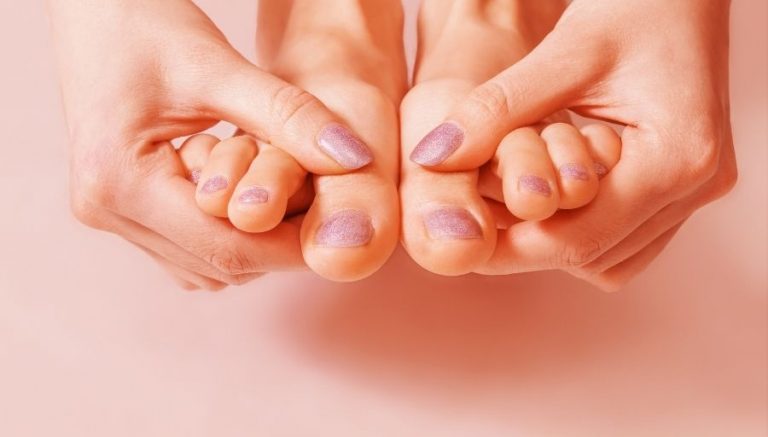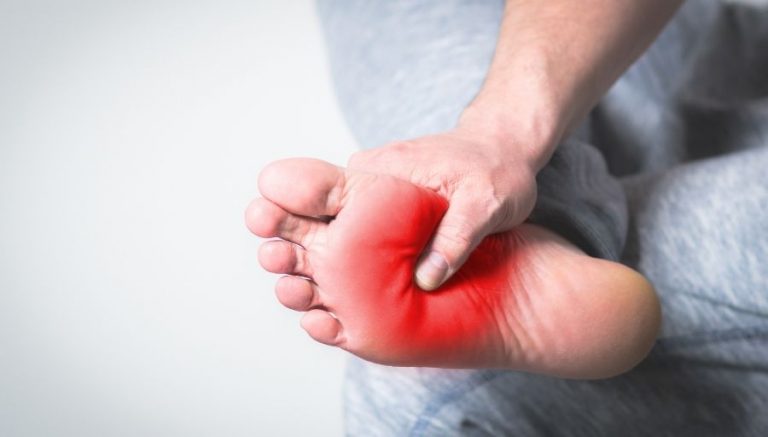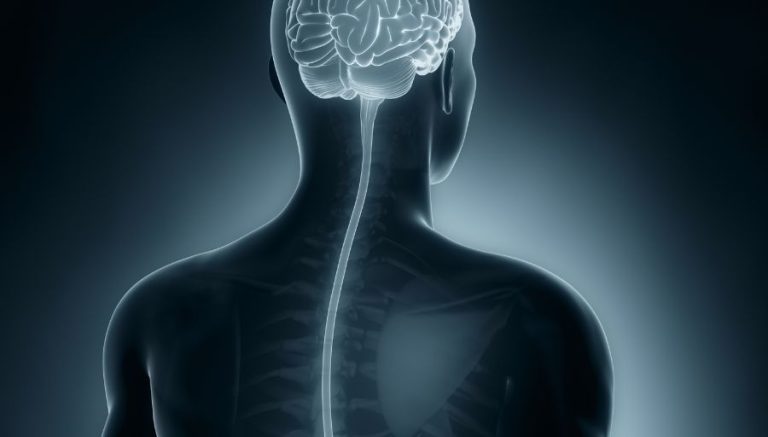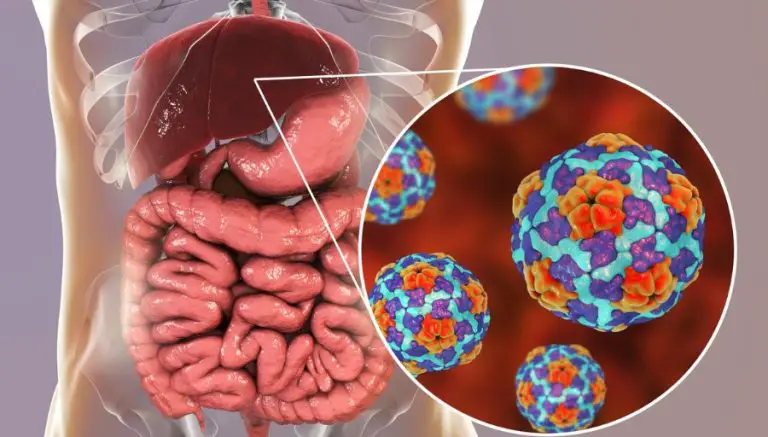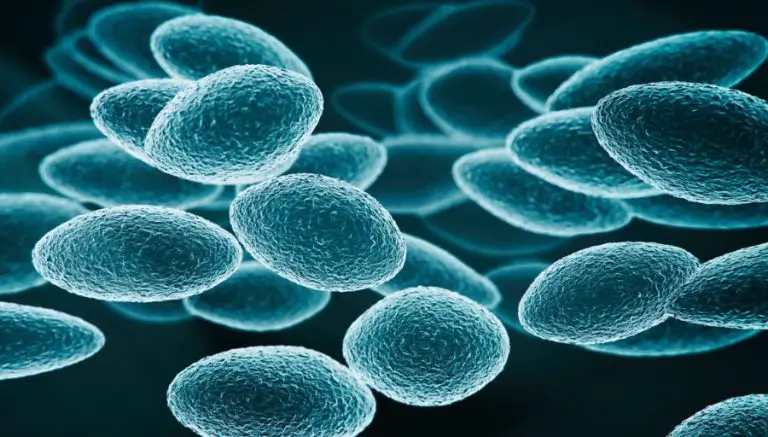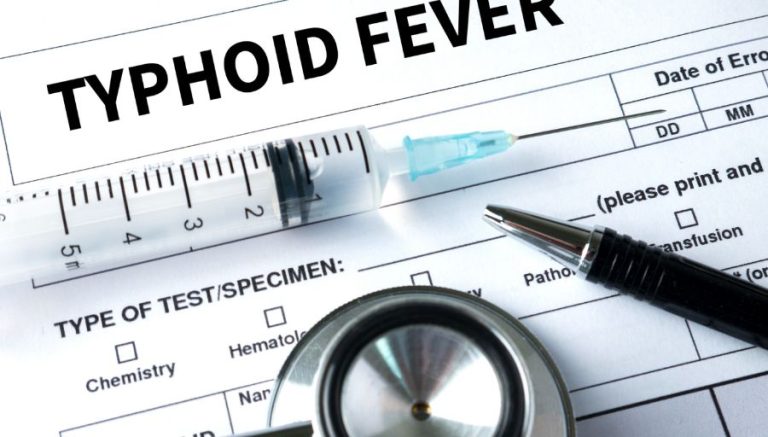What Does It Mean When Your Right-Hand Itches?
Do you want to know what does it mean when your right hand itches? There may be a medical reason for your skin irritation. If the itching is combined with other symptoms like redness or swollen skin, you could have a skin condition such as dermatitis, eczema, or an allergy. This article covers common causes of itchy skin on the hands and treatment solutions.
Causes Of An Itchy Right Hand
There are several causes to answer the question, ‘What does it mean when your right hand itches?’. If you have any of these symptoms on the skin in addition to itchy palms, you may need to consult with your doctor:
- red, inflamed skin
- thick, dry skin
- silvery-white skin
- bleeding or cracking of the skin
- small blisters
- leaking or bursting rashes
- hives
- burns or stings on the skin

Eczema
Eczema, or dermatitis, is a common condition that causes skin inflammation. There are many types of eczema, and symptoms can range from severe blistering to mild irritation and chapped skin.
Some forms of eczema, such as dyshidrotic eczema (DE), show red, cracked, or scaly skin. Small, itchy, fluid-filled blisters can accompany this on the hands, sides, fingers, toes, and feet. Some types of eczema can be caused by seasonal allergies or stress, and the blisters can last several weeks.
Excessive hand washing can trigger eczema. A mild soap and a high-quality moisturizer after bathing can help alleviate the symptoms of this condition. Sometimes, your dermatologist may prescribe Steroid Ointments and Creams to reduce swelling and treat blisters, or they may recommend oral steroids like Prednisone.
Some natural oils you wash off from your hands go down the drain, and many soaps can hit sensitive skin hard. The best line of defense is to wash your hands daily with lukewarm water and mild, unperfumed soap, then moisturize them with a thick cream or oil. In case of excessive dryness, you can apply ointments or thick moisturizers derived from petroleum jelly and cover your hands with cotton gloves while sleeping.

Psoriasis
Itchy hands and feet are common symptoms of psoriasis, a chronic autoimmune disease that affects over 8 million people in the United States. Psoriasis occurs when the immune system confuses skin cells with viruses or other infections and reacts by producing more skin cells. The disease is thought to be genetic, but it can also be triggered by stress, colds, hormones, and infections (staphylococci and streptococci). Drugs such as lithium and beta blockers have also been linked to psoriasis outbreaks. Pustular psoriasis occurs on the hands and feet as small white blisters or redness.
The disease is more common in women and can return several times over months or years. Inflammation of the joints is a possible side effect. Treatment of psoriasis can start with a mild topical cream, and progress can include prescription drugs with phototherapy (light therapy).
In the winter months, the humidity in the outside air decreases. At the same time, the room heating extracts moisture from the room air. Cold temperatures are brutal on the skin and hands and can lead to cracks, bleeding, and itchiness on the skin surface.
The best defense is to include a high-quality moisturizer in your daily routine and use it daily. Applying a thick ointment, cream, or lotion to your hands before they dry out is the best way to ensure the skin remains soft and smooth.
Moisturizer should be applied immediately after washing dry hands, and use a pair of cotton gloves at night to retain moisture. Using a humidifier to dry the air can also help relieve itchy skin on the hands and the rest of the body.

Allergies
Having an allergy may be the answer to your question, ‘What does it mean when your right hand itches?’. An itchy palm or hand may indicate an allergic reaction to something you have touched. Symptoms can occur within hours, including a rash, dry skin, hives, swelling, blisters, burns, and stinging sensations.
Your doctor may prescribe antihistamines or corticosteroids to reduce inflammation and irritation caused by an allergic reaction. Dyshidrotic eczema can be caused by allergies to nickel, cobalt, or other metals found in jewelry and other objects. An allergist can perform a patch test to determine which metals you may be allergic to.
Many household cleaners also have chemicals that can irritate the skin and trigger allergic reactions. When using these chemicals, it is essential to wear protective gloves. Rubber or waterproof gloves protect your hands against chemicals while cleaning or rinsing dishes.

Diabetes
Itchy hands can be an early sign of diabetes, a severe illness when the body does not produce insulin. Eruptive xanthomatosis, a skin disease associated with diabetes, can cause itchy hands and feet.
Other symptoms include small yellow bumps surrounded by redness. If diabetes is under control, your skin condition may improve. Sometimes, the palms itch because of something else.

Treating An Itchy Right Hand
Treatment varies depending on the underlying cause of your itchy hand. So when you ask, ‘What does it mean when your right hand itches?’, discuss with your doctor the common causes to determine a treatment solution. Below are a few immediate treatments you can try.
To alleviate the itching sensation, you can put a cold, damp cloth on the palm of your hand to cool it down for 5 to 10 minutes. An ice pack can also be effective.
Corticosteroids can reduce itching and redness in the hands in case of flare-ups. Avoid using steroid creams as these can cause thinning of the skin. Corticosteroids can be purchased over the counter or purchased without a prescription.
Wash hands with lukewarm water. Avoid too hot or too cold water. Aim to use perfume-free soap when washing your hands.
Avoid gel-based hand sanitizers because they contain a high concentration of alcohol.
Wearing protective gloves when doing housework or working with chemical detergents. A person should wear cotton gloves instead of latex gloves to prevent irritation from latex.

Moisturizers can help relieve itching. Keeping moisturizers in the fridge can make the treatment more effective. Moisturizers are available in supermarkets and drugstores. The National Eczema Association lists recommended moisturizing products on its website, as well as sunscreen and household cleaners.
If itching is caused by eczema, moisturizing after washing your hands is particularly important, especially if the hands feel dry. A person with hand eczema with severe irritation can also respond well to UV light therapy (phototherapy).
If a person has a condition such as contact dermatitis or hand eczema, avoiding known triggers for this condition can help prevent flare-ups. Common triggers include:
- excessive exposure to water
- exposure to irritants (chemicals, bleach, solvents, perfumes etc)
- exposure to certain materials (polyester and wool)
- exposure to organic materials (onion, garlic, chrysanthemums and tulips)
- stress hormones
- sweating
- wear and tear (especially friction and handling rough materials)



